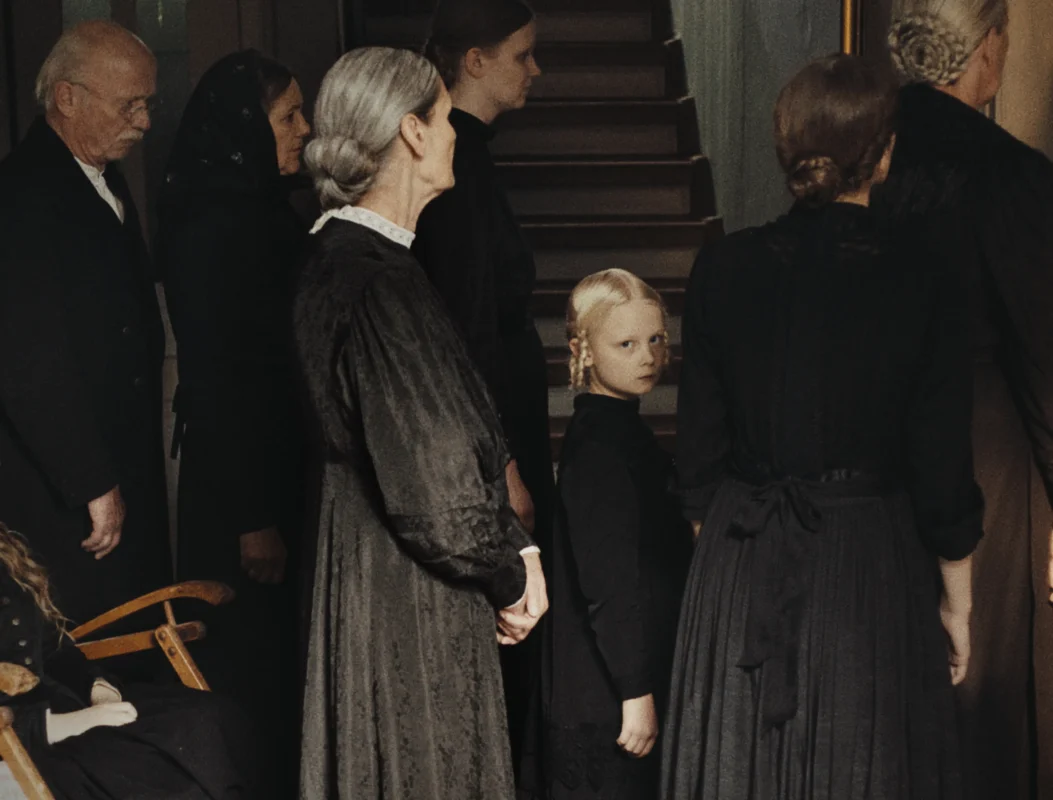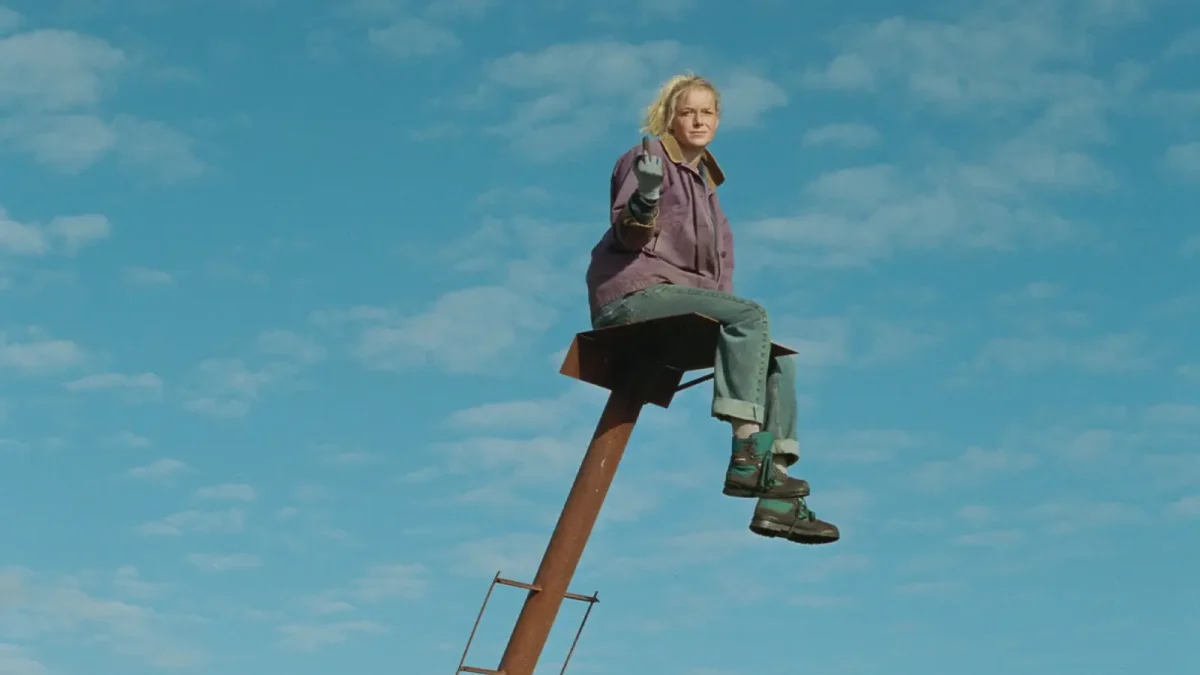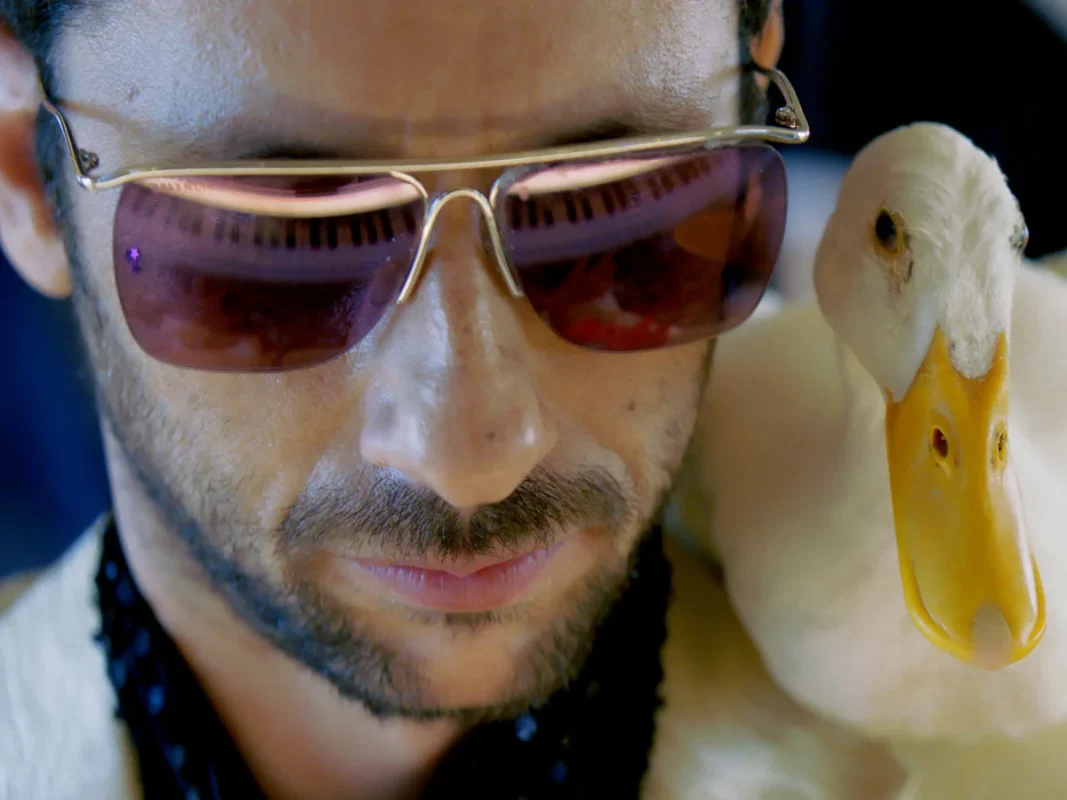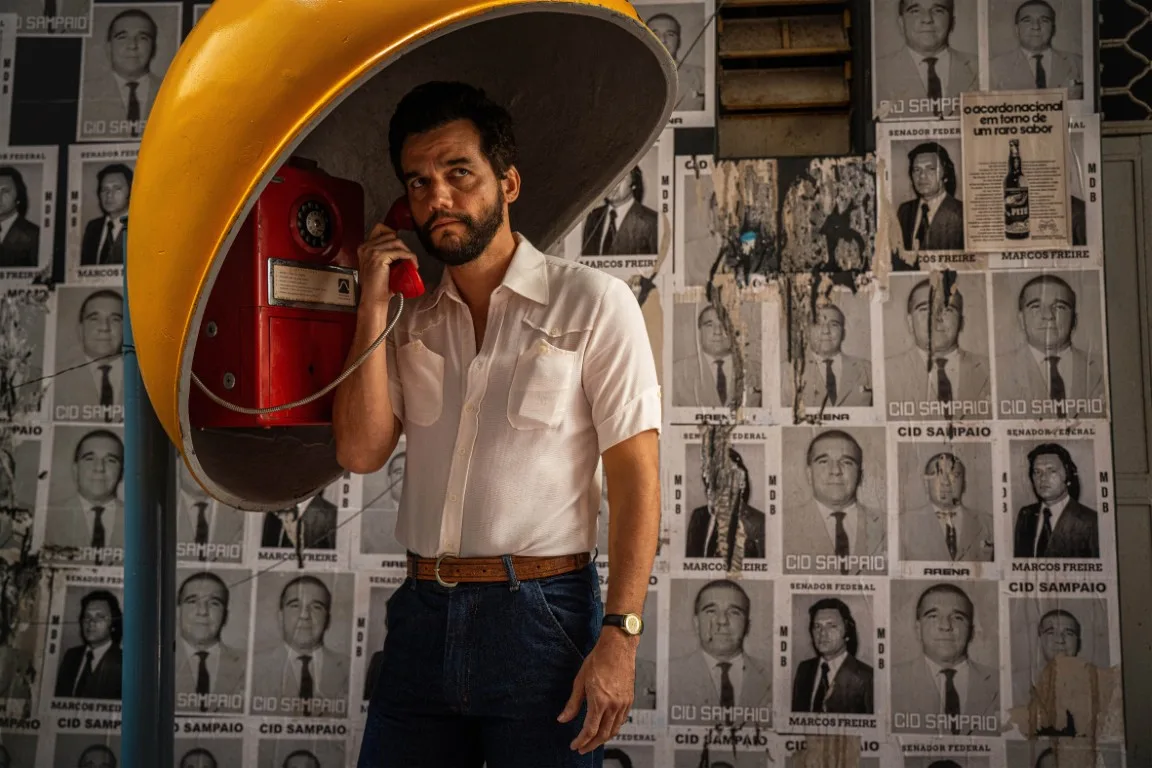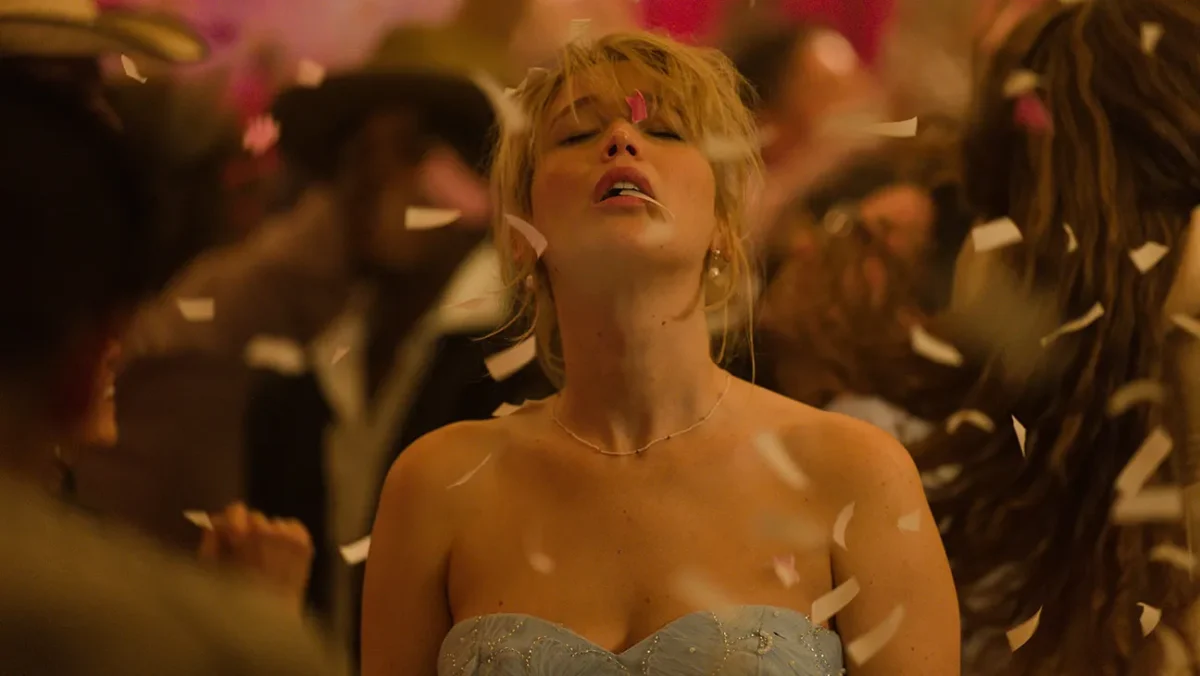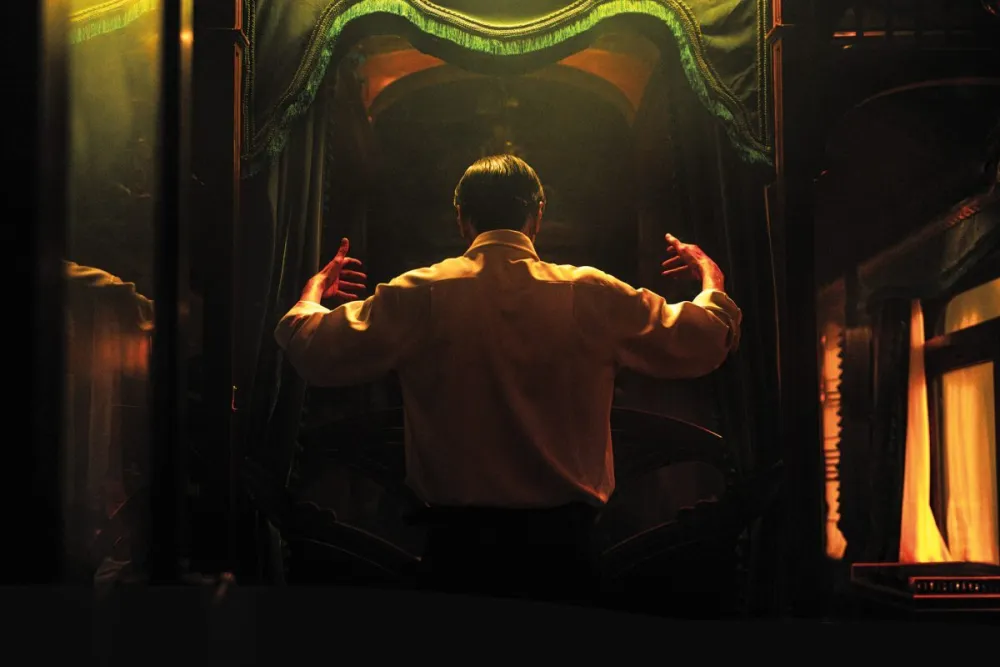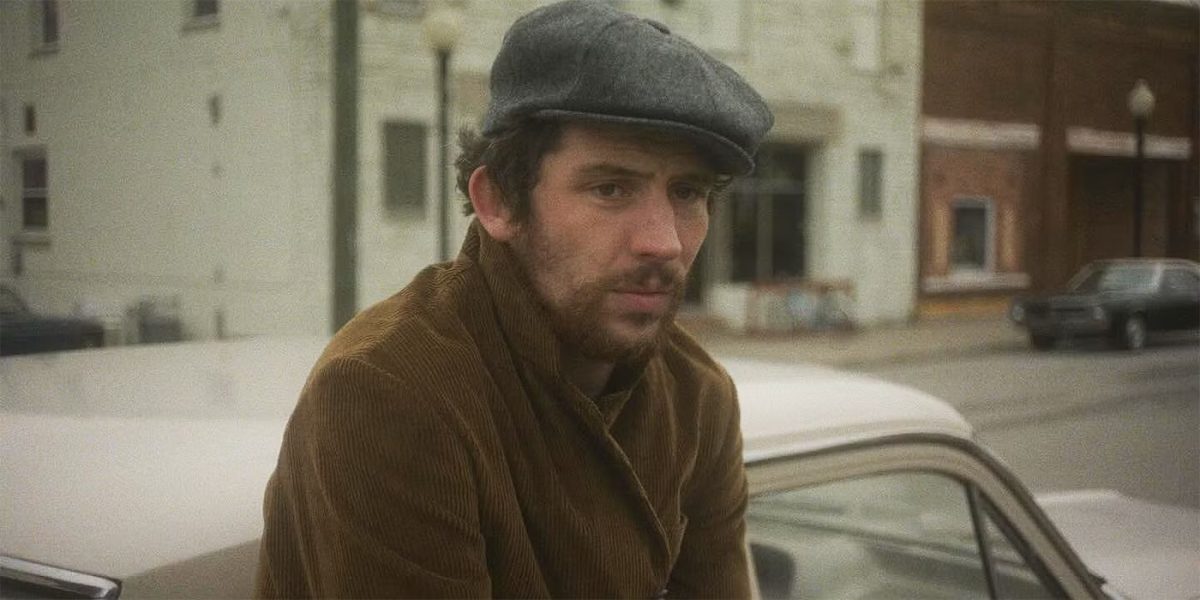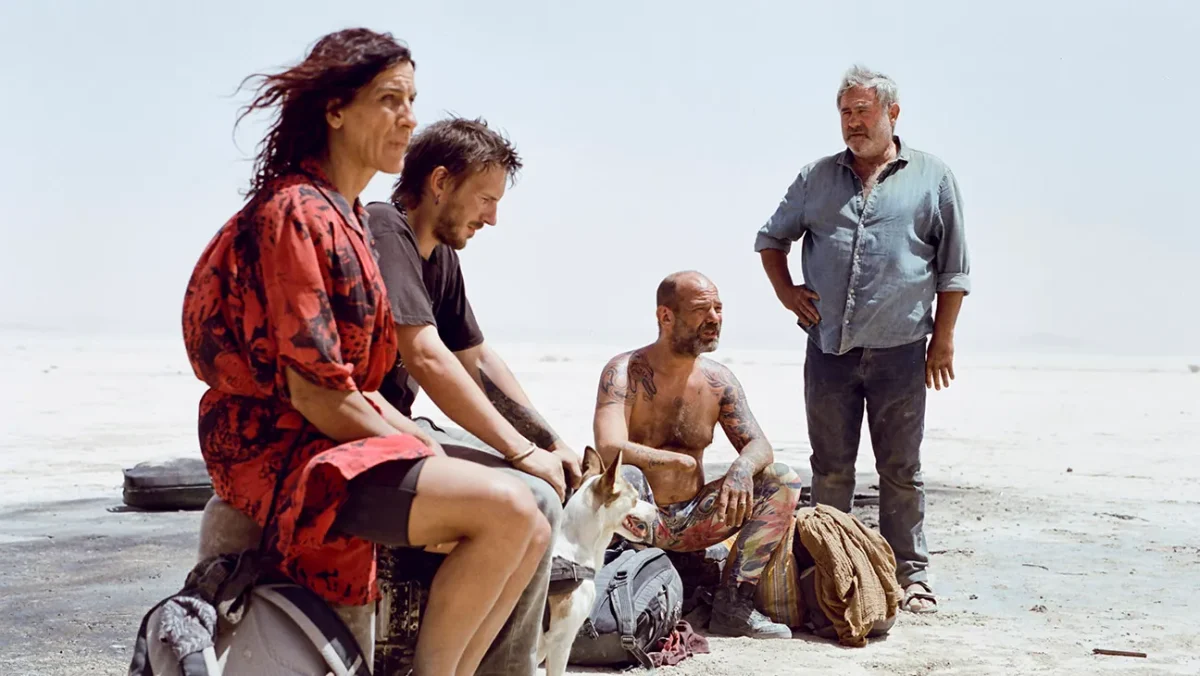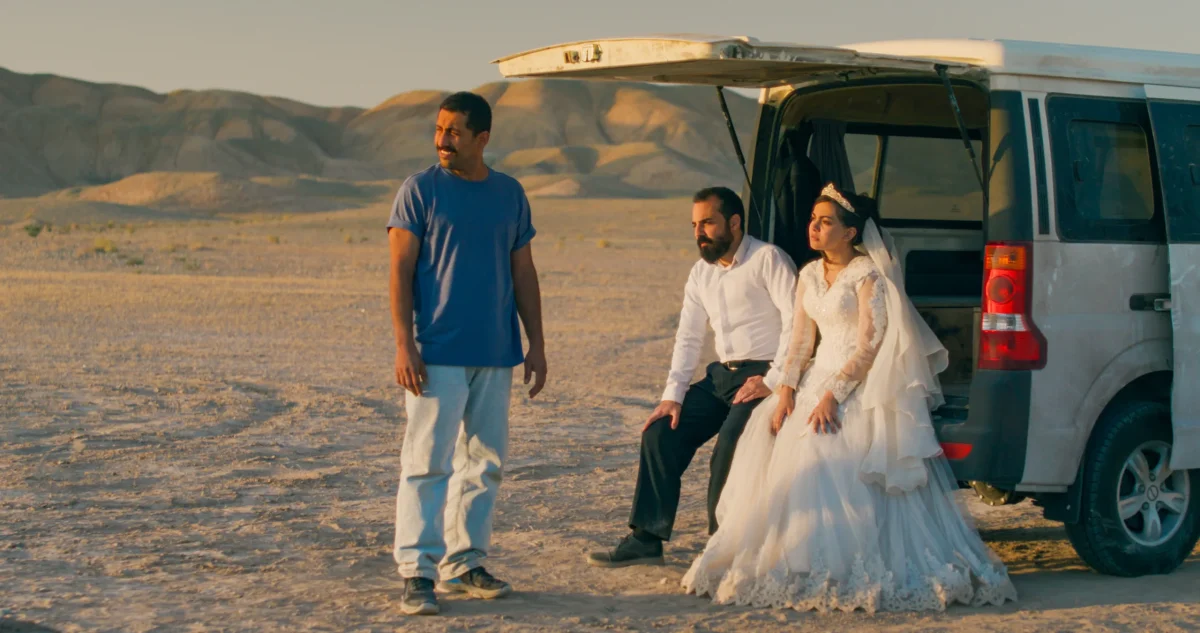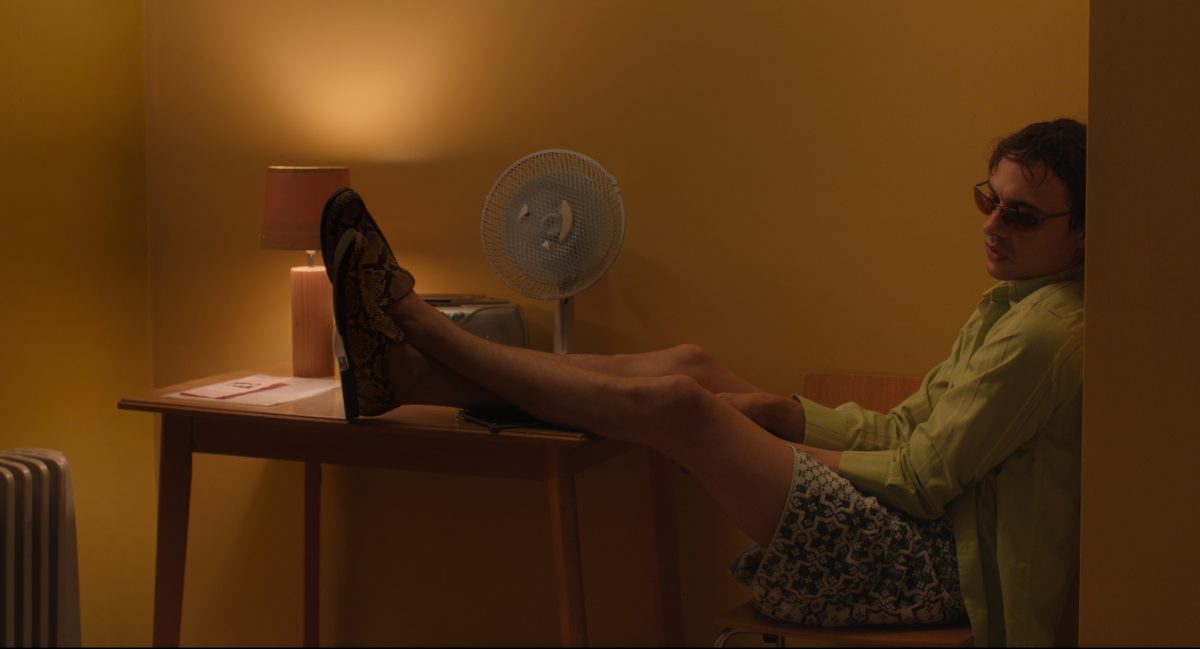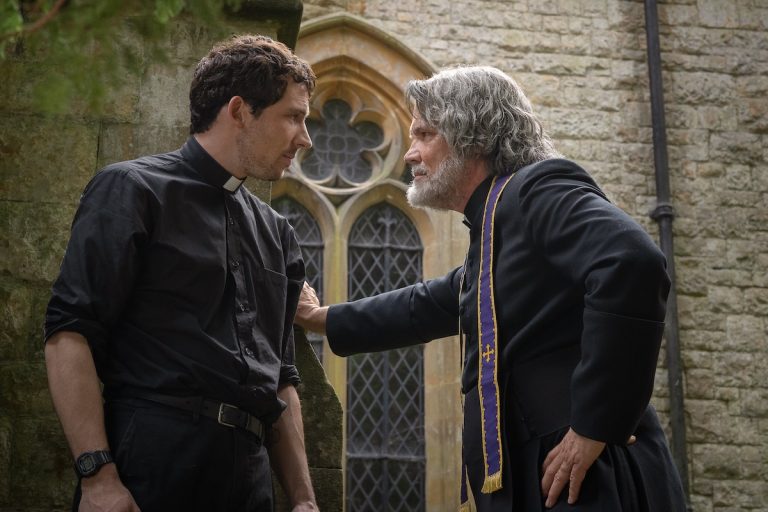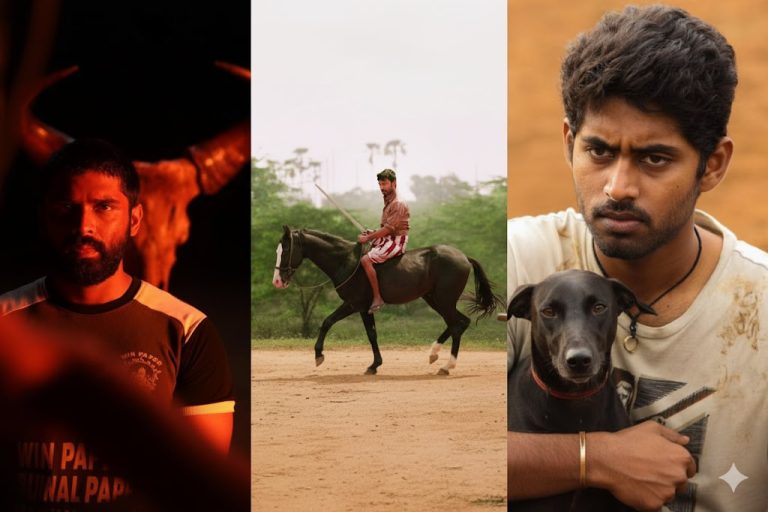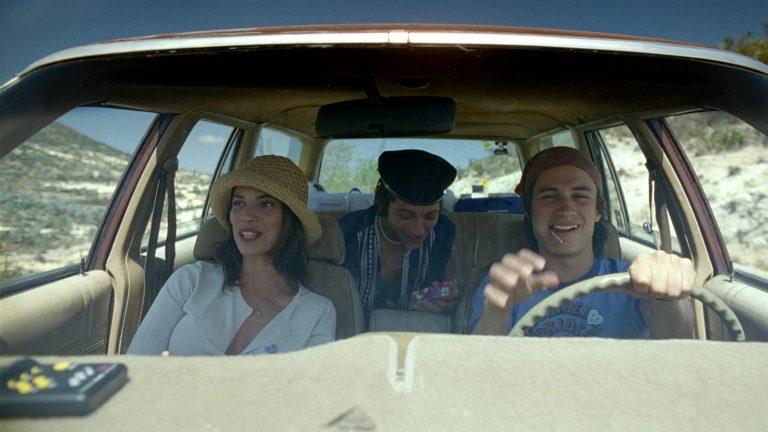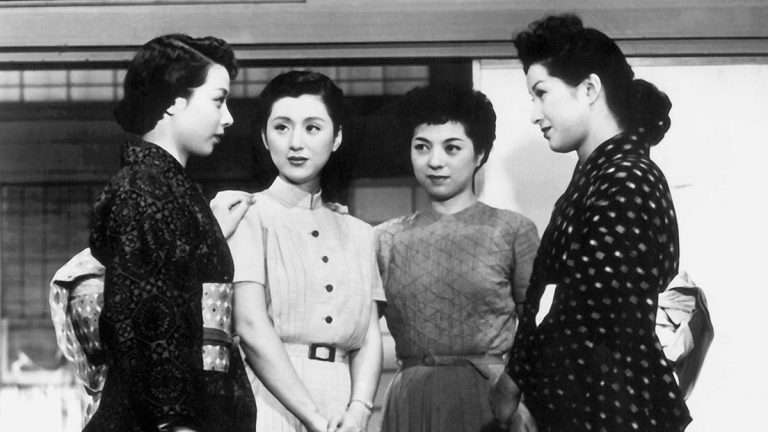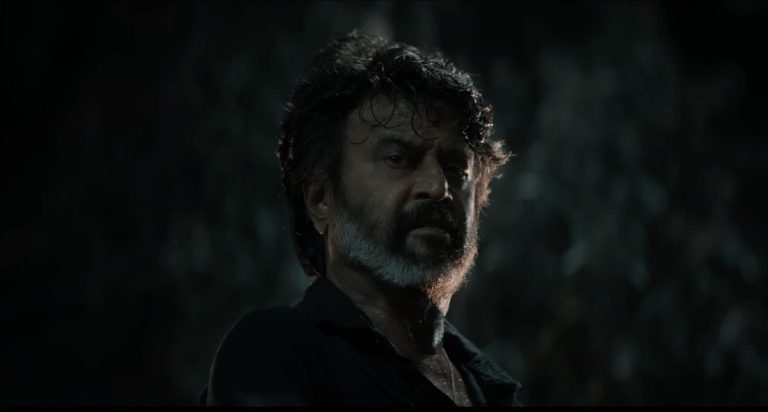The general consensus surrounding the 2025 Cannes Film Festival was that the lineup this year proved to be surprisingly muted; with no shortage of exciting names both in front of and behind the camera, the pervading disappointment that began with the premiere of the bloated and repetitive “Mission: Impossible – The Final Reckoning” echoed throughout an edition that never quite caught fire, despite the caliber of talent consistently making its way along the Croisette. In any case, no year in Cannes is ever outright bad, and 2025 still saw its share of exciting features that will no doubt come to dominate movie discourse for the rest of the year and beyond.
In compiling a list of 10 movies from the Cannes festival 2025 to keep your eye on (not necessarily listed in ascending order of quality, for the record), there are a few titles that just barely miss out on the proceedings. Honorable mentions should therefore go to films like Joachim Trier’s competition standout “Sentimental Value,” Sebastián Lelio’s fiery feminist musical “The Wave,” Spike Lee’s dynamic Kurosawa remake “Highest 2 Lowest” and Saeed Roustaee’s unrelenting Iranian melodrama “Woman and Child”—all undeniably flawed but compelling projects that lit up the lineup both in and out of competition.
10. Sound of Falling
Mascha Shilinski’s second feature film, after 2017’s “Dark Blue Girl,” essentially (and unfairly) disappeared into the aether of arthouse cinema—was drumming up pre-festival buzz for months before its title was even cemented; as Cannes lineups were being theorized, much was being said about Schilinski’s then-titled “The Doctor Says I’ll Be Alright, But I’m Feelin’ Blue,” allegedly having completely floored Thierry Frémaux and his team of programmers. Eventually redubbed to a much more generic “Sound of Falling,” Schilinski’s Jury Prize co-winner proved itself to be anything but, standing as a completely singular and daring vision of generational melding.
A film in which time folds in on itself but space stays steady as a rock, “Sound of Falling” treats dilapidating melancholy like a family heirloom fused into the wall over the fireplace, watching over the household as generations come and go under the burning heat of its discomforting stare. What exactly Schilinski has to say with regards to the way womanhood prevails in the face of such startling discomfort isn’t always clear, but subsequent viewings will surely help to stitch the pieces together; they may not come together into a seamless whole, but that’s very much by Schilinski’s design.
9. The Love That Remains
Playing in the festival’s Cannes Premiere sidebar—a still-fuzzy section seemingly dedicated to platforming established names whose films weren’t quite good enough to compete—Hlynur Pálmason’s “The Love That Remains” proved to be a wholly competition-worthy and disarming shift of pace for those familiar with the Icelandic filmmaker’s past work.
Just as austere and meticulous in its design as any of his other films, “The Love That Remains” distances itself from the overt bleakness of films like “Godland” by applying that style to an unexpected end: offbeat comedy. It’s a blend that, on the surface, shouldn’t really work at all, but Pálmason’s commitment to the icy stoicism that began with “Winter Brothers” proves surprisingly fitting for an examination of a family trying to find levity as they see themselves coming apart in bits and pieces.
Under the focus of a small but always-compelling cast—anchored by Panda, the most standout and deserving Palm Dog winner since “Anatomy of a Fall”’s Messi—Pálmason continues his examination of what family truly is under the isolation of Iceland’s stark but gorgeous vistas. “The Love That Remains,” true to its title, seeks out whatever affection can be found when it’s all said and done, and in most corners, can’t help but find the space to laugh at the absurdity of all the effort.
8. Yes!
An Israeli film about the immediate aftermath of October 7th, it would ostensibly be pretty easy to guess what sort of political stance a film like “Yes!” would take on the subject of the ongoing genocide of Palestinians. At least, it would be easy to guess if the architect in question weren’t the country’s own self-loathing madman Nadav Lapid.
Though his continued willingness to work within the ethnostate would, for many, understandably paint him in the light of an artist complicit in the nation’s war crimes by mere association, “Yes!” shows that Lapid is very much aware—and entirely angered—with that truth by opening with the logos of no less than three local funding projects and then spending the following 156 minutes showing that money to be printed with the blood of an entire indigenous population under constant threat of extermination.
Continuing to be one of cinema’s most radical stylists, Lapid holds nothing back in letting his unbridled fury scorch the screen, assembling “Yes!” as a relentlessly ugly painting of comfort and complicity in the face of an unspeakable horror, mostly so because the majority still refuse to speak about it. Whether or not Lapid goes far enough is a question that still needs discussing, but one blisteringly direct line in the film unambiguously expresses the reality that can no longer be ignored: “The Israelis who grew up with the question ‘How could people live normally while perpetrating horror?’ have themselves become the answer.” If anything, “Yes!” is worth seeing to decide for yourself whether Lapid’s fury reaches beyond distanced performance.
7. The Secret Agent
Kleber Mendonça Filho’s continued examination of his native Recife as a microcosm for Brazil’s fraught political history reaches its most explicit and lengthy end with “The Secret Agent,” a film whose decompressed atmosphere betrays the genre thrills of its title. And yet, the end results are nothing short of enthralling in this depiction of subversion by means of mere existence, where the drive for a modest scrap of human decency makes you a target in a hierarchy that sees only value in oppression and systemic division.
Wagner Moura, a recognizable face North of the equator, returns to his roots with a solemn but impassioned performance that anchor’s Mendonça’s languid tale of unwilling espionage as survival, imbuing his character with a pained momentum to keep living in the shadows so long as living is enough of a fight against the regime to make even the slightest shred of a difference. Both Mendonça and Moura picked up awards in Cannes for their contributions to “The Secret Agent,” and in the synergy of the film’s hardline view of resistance through persistence, it’s not difficult to see why; the film’s scorching anger only takes effect when the burn appears so slowly.
Also Related to Cannes 2025 Movies: The Secret Agent (2025) Movie Review
6. Die, My Love
Despite what many assumed to be a slam-dunk prediction by the time Juliette Binoche’s jury gave out their awards, Jennifer Lawrence was never going to win the Best Actress prize for “Die, My Love.” They just were simply never going to go with a choice that obvious with a name that famous; this is Cannes, not Venice! None of this is, by any means, an indictment on Lawrence’s turn in Lynne Ramsay’s depiction of marital collapse, as the star is an absolute hurricane storming through the screen and leaving nothing in her wake; motherhood is a beast, and Lawrence shows how it’s not a matter of slaying the dragon, but inhabiting it.
After an eight-year absence, Ramsay’s sensory cinema is back in full-force, heightening the subjectivity of her lead to turn “Die, My Love” into a chaotic descent to the depths of familial discord, all filtered through the mind of one woman (be it Ramsay or Lawrence’s Grace) who sees disruption as the only outlet for an honest expression of what this life can truly become. Perhaps, in that respect, somewhat messier than Ramsay’s other features, “Die, My Love” nonetheless breathes the same fire as them all, and proves a seismic showcase for all of its craftspeople pressing their faces gleefully against the window until it shatters.
5. Resurrection
Was there ever any doubt that Bi Gan’s next film would be an audacious formal exercise in lucid, dreamlike filmmaking with a jaw-dropping climactic long take to seal the deal? If yes, then that doubt was likely from someone who hasn’t been paying attention, because this has pretty much been Bi’s M.O. from the beginning. “Resurrection,” in that sense, isn’t breaking any new ground, but the Chinese filmmaker’s first Cannes-competition title still stands out as perhaps his best film because it feels most honest in the auteur-in-the-making losing himself in the style.
Featuring Bi Gan: 75 Best Movies of The 2010s Decade
The shortest of his signature long takes actually proves to be his most effective, as Bi eschews the same level of self-congratulatory craft that somewhat hampered the final sequence of “Long Day’s Journey Into Night” (and definitely hampered “Kaili Blues”) in favor of something tighter but no less impressive in its assemblage. Beyond that, though, “Resurrection” plays with the fluidity of Bi’s vision with a series of vignettes whose dangerously loose ties to one another only serve to reinforce the film’s overarching platitudes about cinema as a means of calcifying the illusions that make each day more bearable.
4. The Mastermind
Kelly Reichardt may be the quietest of America’s essential filmmakers, but her importance never wavers in the face of an art form in constant need to prove its worth in a shifting media landscape. Through it all, Reichardt’s disregard for ostentatious emptiness acts as a bedrock for a filmography whose intimacy speaks volumes about the crumbling corridors down which we as a species are leading ourselves. “The Mastermind” never makes this sort of point outright—no Reichardt film does—but her Josh O’Connor-led heist film still paints a stupefying, if serene, image of a self-centered American culture on the decline.
Distilling the essence of her filmmaking into its most focused genre outing yet, Reichardt deconstructs the heist film as little more than a means to an end that is never in sight, and “The Mastermind” exposes how capitalism is at its most destructive not when it comes as a gaudy parade, but when it sneaks under your skin like a persistent chill telling you you’ll never have enough to be warm. Reichardt is never pissed off at the state of the world so much as she is just painfully aware of it, and her latest is further proof that one can so often be just as scathing as the other.
3. Sirât
One of the first competition titles to premiere in Cannes this year, Óliver Laxe’s “Sirât” proved to be the one title that endured throughout the entire 11-day period, like a propulsive bass beat that burrows its way into your skull. Operating largely on a philosophy of “You don’t hear it, you just dance to it,” the arid Spanish film finds its depiction of purgatorial emptiness to be one in which the only way to move through the endless desert is to shuffle along to a righteous intuition that may as well punish you all the same.
With a sensory perception that turns the stifling Moroccan air into guttural music notes like water into wine, Laxe crafts “Sirât” as a pounding migraine of heatstroke that only becomes less bearable as soon as it comes to a stop; until then, all you can do is find the sketchy groove and move until you can move no longer. Even as its final stretch risks literalizing its view of a fiery end too plainly, the film never loses sight of that throbbing intuition that makes the journey through the smoke and sand so tirelessly propulsive in the first place.
2. It Was Just An Accident
With “It Was Just An Accident” finally netting Jafar Panahi his Palme d’Or, the celebrated dissident filmmaker earned himself a spot in an elite, four-person club of directors who’ve scooped up the top prizes from Cannes, Venice and Berlin (and an even more exclusive two-person club to have also added Locarno’s Golden Leopard to their mantle); most of these filmmakers were already dead by the time Panahi was just making a name for himself, so in a sense, his inclusion in this grouping marks an opening for new generations to take the lead. Such inclusion is more than justified with his latest thrilling examination of the all-consuming specter of revenge.
A film whose slow build and layered structuring almost betray the simplicity of the human drive at its core, “It Was Just An Accident” once more finds Panahi critiquing the rippling horrors of his native Iran’s oppressive practices, this time exposing how freedom can only mean so much when you’re forced to share the same world with the very sort of people who held you down to begin with. Panahi’s achingly human vision therefore takes its most urgent form yet (even as, for the first time in years, he steps away from the front of the lens), depicting a nation not only unsure of how to progress from oppression, but unsure of how deeply the roots of that oppression still take hold.
1. Urchin
For years now, Cannes skeptics have been lamenting how the Un Certain Regard sidebar has been a far more fruitful showcase for the year’s best films than the main competition slate; up until now, those accusations have been dubious at best, but in 2025, the second-most prestigious camp on the Croisette was certainly home to the festival’s most affecting title. That title was “Urchin,” and its architect, of all people, was first-time director and established British hunk Harris Dickinson. In a year of Cannes marked by directorial debuts from hot actors, Dickinson’s stood out as the most acute and focused of the bunch.
Displaying levels of empathy for the UK’s homeless population that never veer into self-righteousness (all the more impressive given the fact that he casts himself in a small role), Dickinson portrays the cycle of addiction and defeatism as a systemic eventuality that depicts its wayward lead—a stunning Frank Dillane—as a difficult casualty of that reality.
Balancing personal responsibility with a network whose willingness to help only places a greater burden on the individual when the time comes to fully break the wheel, “Urchin” never artificially seeks out humanity where it can be mined for schmaltzy sympathy; rather, Dickinson finds the humanity in the truth of circumstance, and the oppressive weight of that wheel’s lofty spokes.

